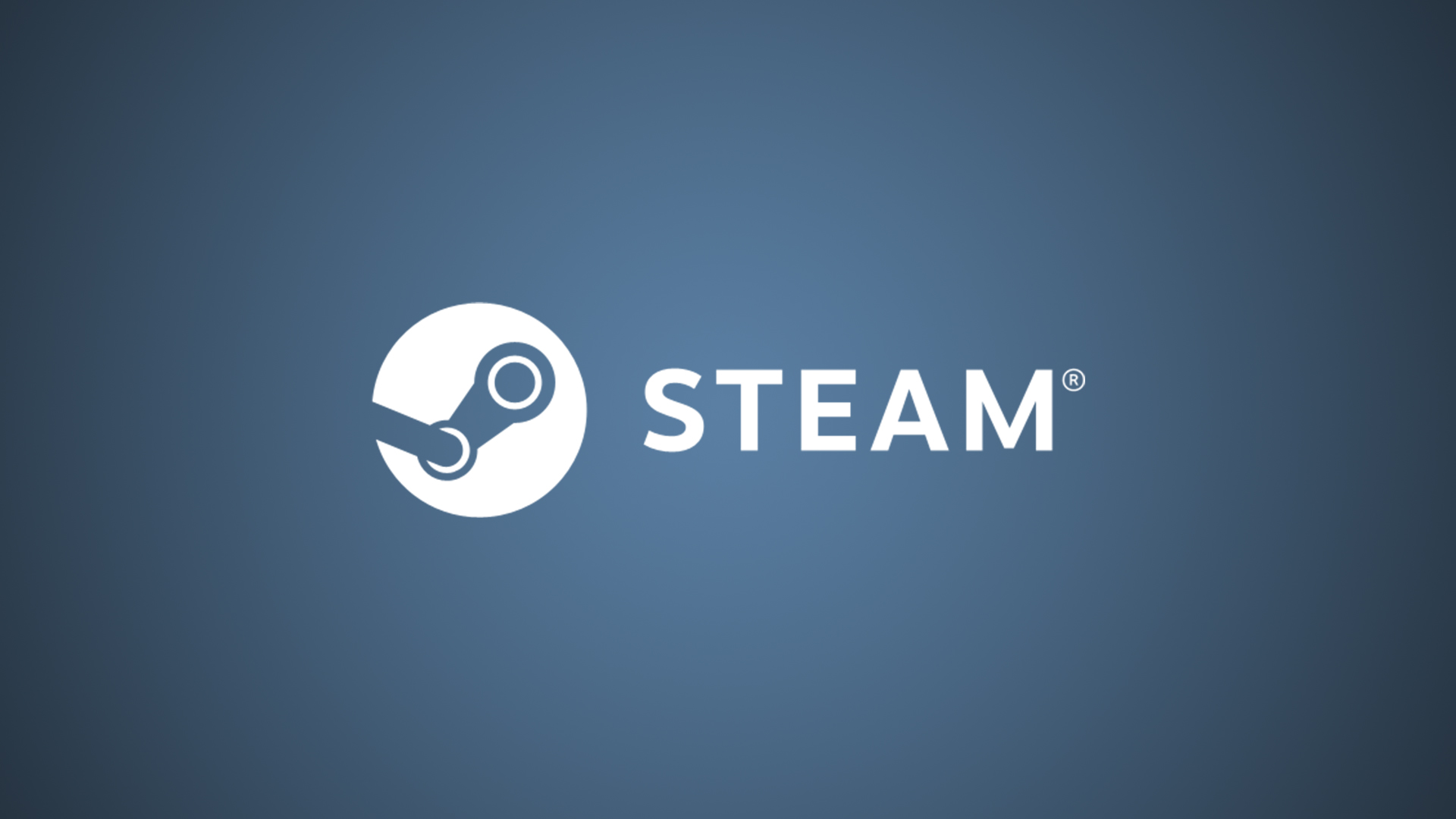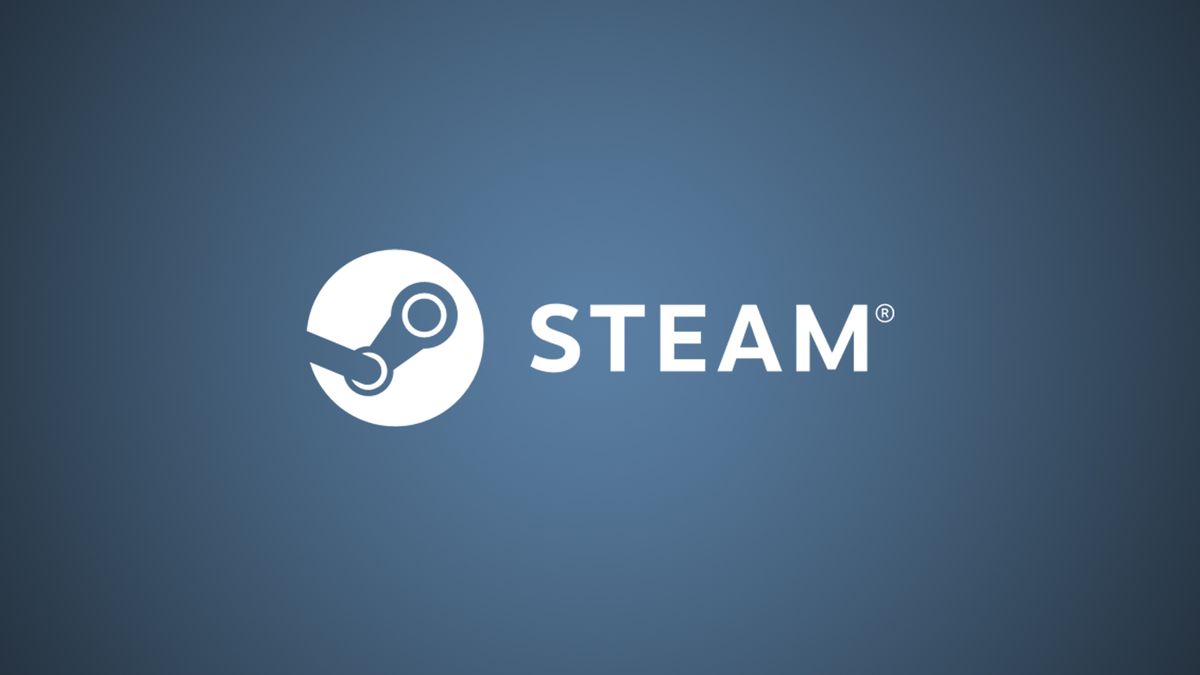
Steam is implementing new rules around season passes that should make DLC more consumer friendly but may also be a thorn in the side to a lot of indie devs looking to use the season pass model.
Pavel Djundik, the creator of SteamDB, a website that tracks the Steam analytics of a lot of games, shared news of the updated policy over on Bluesky.
By now, we’re all familiar with season passes. A game comes out and as soon as you load the main menu you’re offered the chance to spend another $30 on a nebulous season pass that promises access to all future DLC, or at least one year of it. I’ve never been a fan of this as you often don’t know what you’re actually paying for beyond “three expansions”, which could be as little as some new weapons, a new map, and one actual story addition. Well, it turns out Steam has had enough too.
From now on, season passes sold on Steam will have to include a brief description of each piece of DLC they’ll give access to as well as a three-month launch window for when they’ll be made available to players. Developers will be able to push back a launch window once, for three months, but any longer and Valve may intervene in some way.
Valve writes, “If you aren’t ready to clearly communicate about the content included in each DLC AND when each DLC will be ready for launch, you shouldn’t offer a Season Pass on Steam.” It’s quite stern wording, and makes the company’s stance clear.
If a developer fails to release the DLC in time or if customers are unhappy with it, Valve may offer refunds, so it’s not playing around with these new rules.
While this is a great move for consumers, it seems like it’ll be harder for indie devs to get in on the action, although I’m not sure many indie games do season passes anyway. Valve says, “a season pass is effectively a DLC pre-purchase”, and so it “will not offer a Season Pass except in a few rare cases with partners with which we have a well-established relationship and that have a proven track record on Steam.”
This shouldn’t discount indie devs entirely, but it may mean they have to release a game or two, or offer some standalone DLC first before Steam will allow them to offer season passes.
You can read over all the fine details of this new policy on Steam’s partner page.
While you’re here, you should check out the best Steam games you can play right now.












Leave a Reply